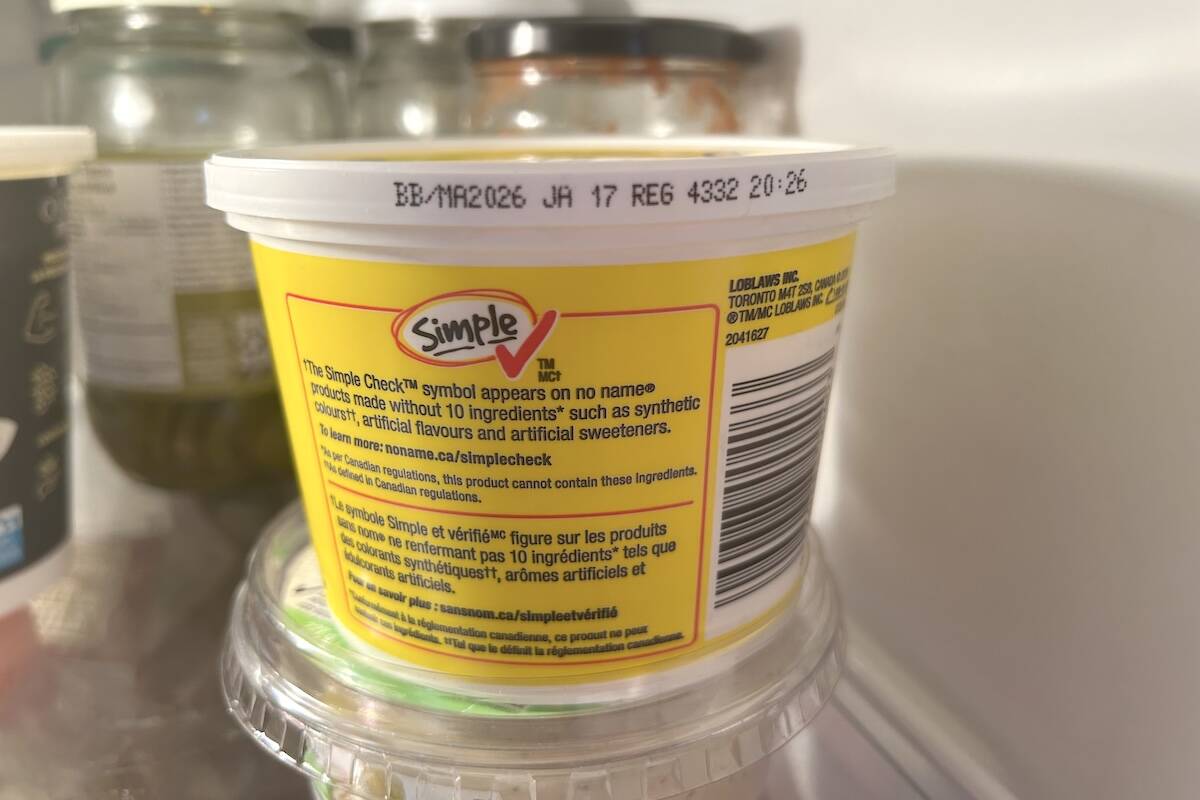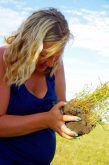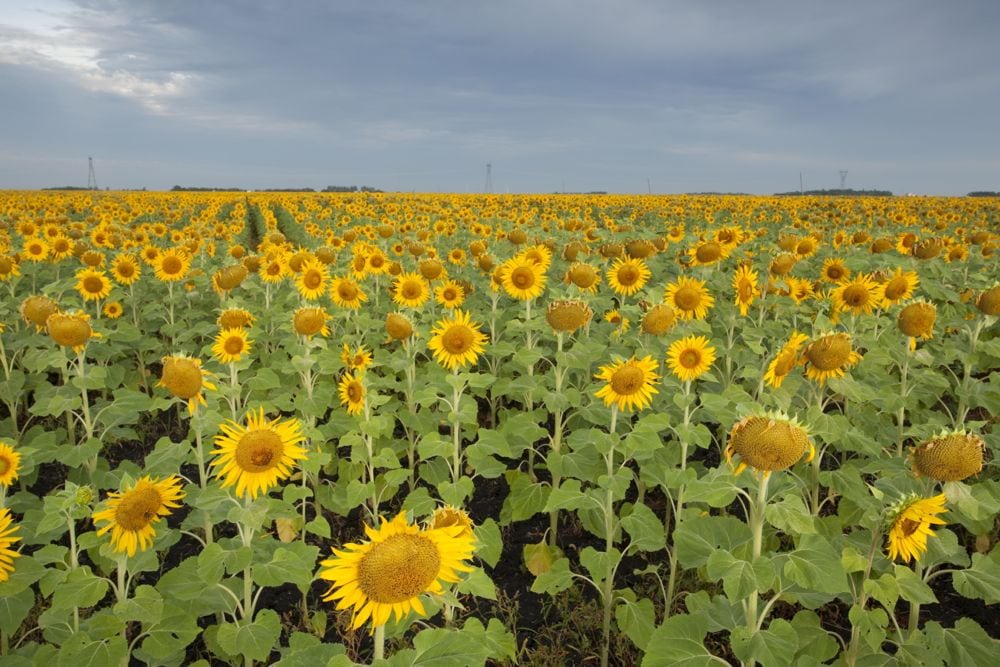Like pretty much every other agricultural commodity and farm group meeting in early February, trade issues dominated the Keystone Agricultural Producers annual general meeting Feb. 4.
U.S. President Donald Trump had set that date as the start of 25 per cent tariffs on Canadian and Mexican products flowing into the U.S.
Manitoba’s agricultural community was feeling that pressure leading up to the event, said Jill Verwey, president of KAP and a mixed dairy, beef and grain farmer near Portage la Prairie.
Read Also

Best before doesn’t mean bad after
Best before dates are not expiry dates, and the confusion often leads to plenty of food waste.
As the day dawned though, there was good news. Word first came that Mexico had secured a 30-day reprieve on the tariffs. It later made the rounds that Canada had received a similar extension.
“It changed the entire tone of the meeting,” Verwey said. “Everyone had been on the edge of their seats, and then the news came in, and everyone was just a bit more upbeat.”
Reprieve, however, does not mean resolution. Verwey, like many other farmers in Canada, is now counting the days until next tariff deadline, now in March.
The tariff threats, and the last-minute deal delaying them, was a bit of a “wake up call” for how Canadian agriculture, and the country as a whole, views trade, she said. Decades of free trade mean that its been largely stable for many years, and a deeply integrated supply chain has emerged throughout North America.
“We know that — should the worst case scenario of tariffs emerge — farmers on both sides of the border will be feeling the effects,” she said.
Verwey, who is entering her third year as KAP’s president, has been tapped to sit on Manitoba Premier Wab Kinew’s U.S. Trade Council to advise on the province’s strategy. Having the province’s general farm organization sit on the panel is recognition of the important role agriculture plays in the province’s economy, she noted.
“When we sit around that table, and I talk to people, they know the importance of agriculture,” she said. “They might not have a direct connection to agriculture, but they do understand its contribution. Just at what they call ‘bacon corner’ in Winnipeg, there are thousands of jobs that are directly related to agriculture.”
Verwey said a two-pronged strategic approach for Manitoba is emerging.
KAP and other commodity groups are seeking alliances with like-minded agriculture organizations on the other side of the border to lobby U.S. policy makers. Longer-term, more attention will be paid to strategically developing new and more diverse markets.
Governance changes
This year’s meeting also saw KAP complete its drive towards significant governance changes that will see members voting directly at every level of the organization next year.
Previously, board members were elected by delegates. Now, any member in good standing can vote for their local representative directly.
“This further democratized KAP and has enhanced the grassroots voice of our members,” said Colin Hornby, KAP’s general manager.
Executive positions are also no longer elected by members at the annual meeting, but will in the future be elected by the board, based on the skills and interests of board members and the needs of the organization.
This will eliminate requirements like declaring candidacy ahead of the meeting and gathering signatures from KAP members for those seeking the presidency. Vice-presidents were previously nominated from the floor and voted on if there were more than two candidates.
KAP says the move puts the organization “in line with best practices” that are in effect in other farm organizations within the province.
“It will make us far more nimble,” Verwey said.
The move also reduced the overall number of board members by three, to sixteen in total. The group says that will help make KAP more effective, as larger boards can be unwieldy.
At issue
Two resolutions regarding wildlife and one regarding canola markets were carried at the meeting.
District 2 members called for the general farm organization to lobby for the provincial government to “provide compensation for winter grazed forage crops that is equal to the compensation provided for fall harvested forage crops.”
The same district also asked for KAP to lobby the province for more elk licenses in wildlife areas 31 and 31A.
“Wildlife depredation and losses are a problem we regularly hear about,” Verwey said. “We also regularly speak with crop insurance about these issues. We’ll continue to do that, and will expand our lobbying efforts to other departments of government.”
District 1 members called for KAP to lobby the provincial and federal governments to “grow and promote the domestic and international Canadian canola markets.”
“I suspect that’s largely in reaction to the trade uncertainty,” Verwey said. “We’ll certainly be involved in lobbying for that, but our partners at the Manitoba Canola Growers Association and, through them, the Canadian Canola Growers Association, will take the lead.”
New vice-president
Kevin Peters, who operates HerbSigWil Farms near Randolph with his family, will take a new role as vice-president after the meeting.
HerbSigWil produces wheat, barley, soybeans, corn, sunflowers, canola and raises hogs. Peters has been a member of the KAP board for the past two years, representing District 4.
He joins Verwey and Jake Ayre on the executive. Ayre, who farms near Minto, represents District 1, and has been vice-president since 2023.
















